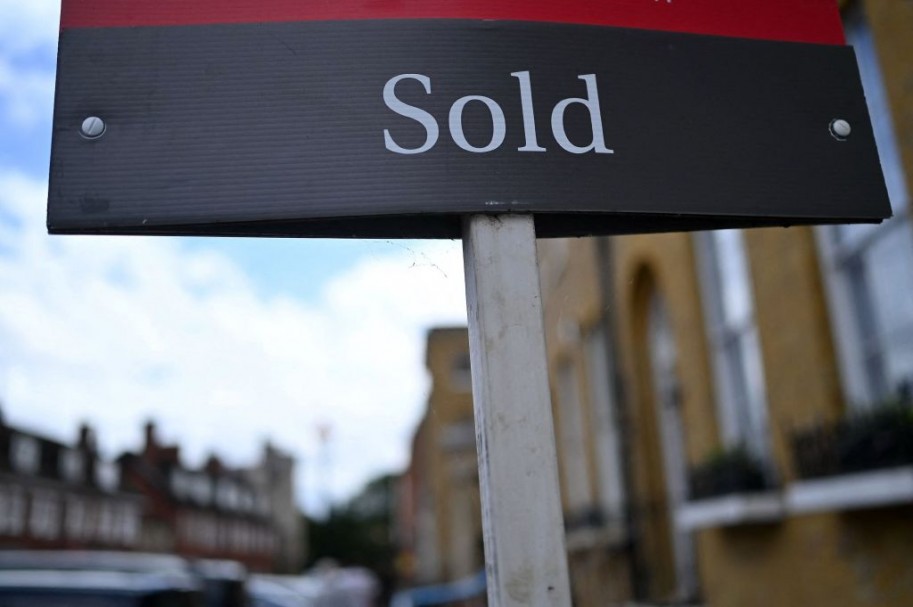
After spending months searching for and making an offer on your dream home, you're now ready to close on the mortgage loan that finances your home purchase. However, closing can become overwhelming, especially for first-time homebuyers.
To help eliminate some of the stress on closing day, we made a quick checklist of what you should bring with you to make it a seamless transaction.
1. Government-Issued ID:
One of the most fundamental requirements for closing is a valid government-issued photo ID. This could be your driver's license, passport, or any other identification document deemed acceptable by the closing agent. Some lenders also require a second form of identification. This helps verify your identity and ensures that all legal documents are accurately executed.
2. Certified Check or Cashier's Check
Closing involves various financial transactions, and it's customary to bring a certified check or cashier's check to cover the closing costs. These costs may include the down payment, closing fees, and other related expenses.
Typically, closing costs amount between 3% to 5% of the home price, minus any deposit you've already given to the seller, if there was any. That being said, check with your lender or closing agent in advance to determine the exact amount and to ensure a smooth transfer of funds.
3. A Copy of the Purchase Agreement
Having a copy of the signed purchase agreement is crucial for reference during the closing process. The purchase agreement outlines the terms and conditions of the sale, and having it on hand can help address any questions or discrepancies that may arise during the closing meeting.
It is important to note that bringing a copy of the purchase agreement is not a requirement. However, it is better to be cautious and protect yourself than to risk signing documents that may not match what you and the seller agreed upon.
4. Proof of Homeowners Insurance
Most lenders require proof of homeowners insurance before finalizing the mortgage. Bring documentation confirming that you have secured insurance coverage for the property. This typically includes a policy declaration page outlining the coverage and the insurance company's contact information. You may also need to bring a receipt showing the payments you've made for premiums through the first year.
5. A Real Estate Agent or Lawyer
Having professional representation at the closing table is advisable. Your real estate agent or lawyer can provide guidance, answer questions, and ensure that all the necessary paperwork is in order. Their expertise can be particularly valuable in navigating any unexpected issues that may arise during the closing process.
READ NEXT: 7 Things To Do Immediately After Moving Into a New Home













